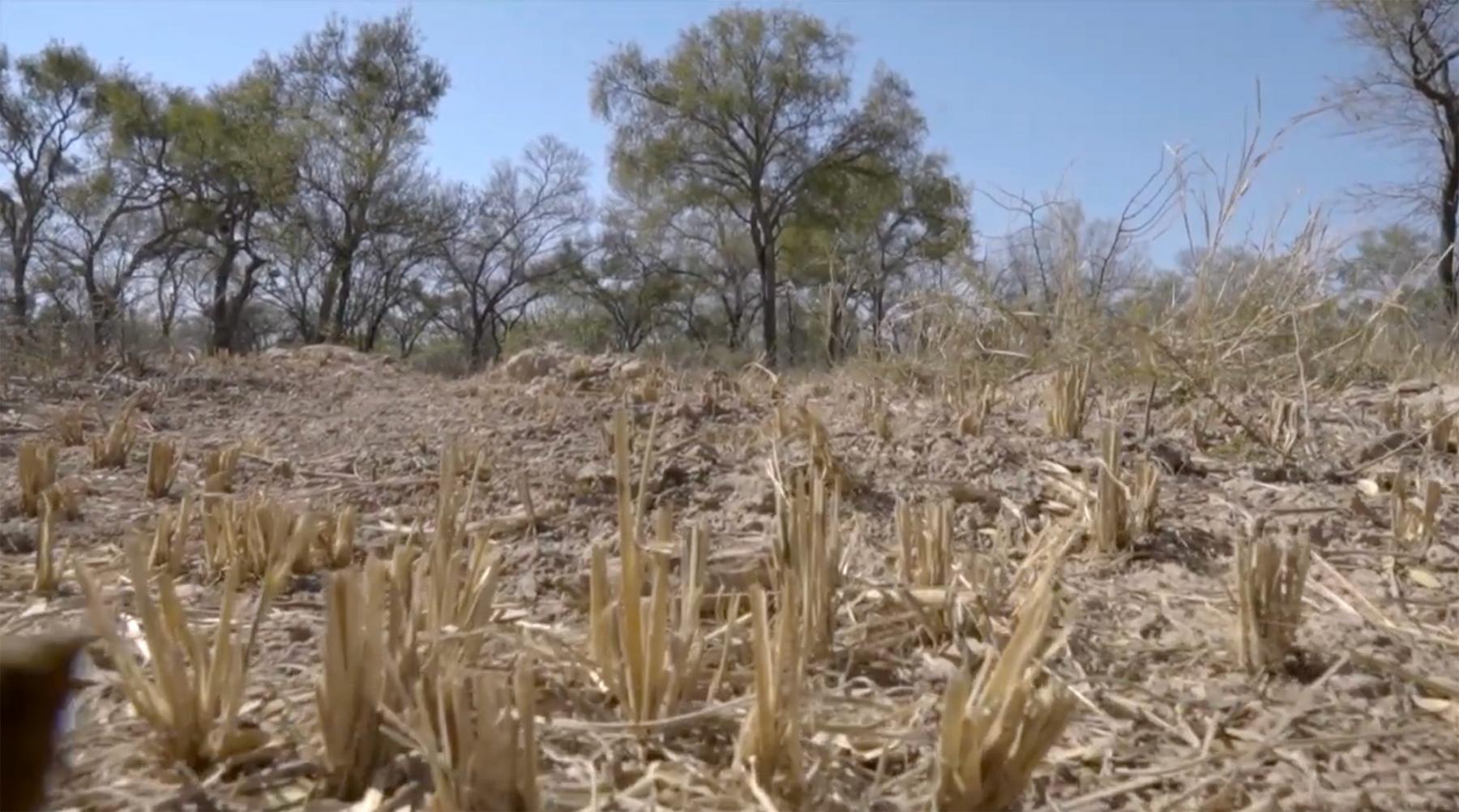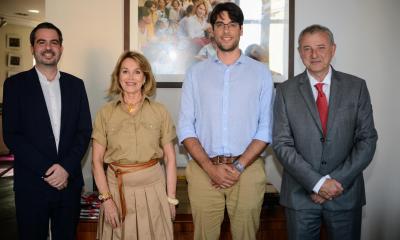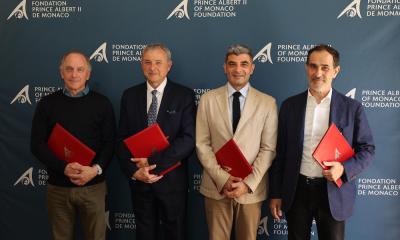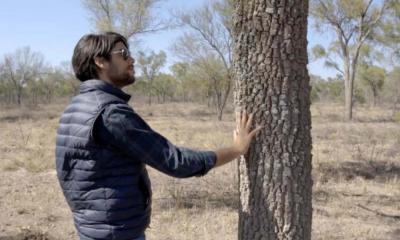Argentinian scientist's study selected for two significant international environmental protection support initiatives
2024 Feb 02

[Photo: The Gran Chaco region, where Dr. Pedro David Fernandez's research is based © Pedro David Fernandez for the Cuomo Foundation]
"Carbon offsetting opportunities for cattle ranching in the South American dry woodlands", a long-term research project led by Dr. Pedro David Fernandez, recently received two significant recognitions of importance. These achievements underscore the project's value since it was initiated in 2019 with generous support from the Cuomo Foundation.
International Climate Protection Fellowship from the Alexander von Humboldt Foundation-Germany
This distinction comes from the Alexander von Humboldt Foundation, a German organization dedicated to fostering academic collaboration between German and international researchers. Located in Bonn and primarily funded by federal ministries such as Foreign Affairs, Education and Research, and Economic Cooperation and Development, this foundation provides exceptional opportunities, including a personal meeting with the Federal President of Germany and collaborative programs with various government entities. Out of the 15 projects chosen this year for the "International Climate Protection Fellowship," only 3 were from academic institutions, emphasizing the significance of Dr. Fernandez's research.
Earthshot Prize Finalist for 2024-United Kingdom
The second distinction is the selection of Dr. Fernandez's project and his related start-up, Terratio, as finalists for the Earthshot Prize for 2024. Inspired by President John F. Kennedy's Moon-shot challenge in 1962, the Earthshot Prize was launched by Prince William, the Prince of Wales, in 2020 with the aim of identifying and implementing innovative solutions to the world's most pressing environmental challenges.
The Earthshot Prize is structured around five ambitious and universal goals that have been developed in collaboration with leading international environmental experts. These goals aim to "Protect and Restore Nature, Clean our Air, Revive our Oceans, Build a Waste-Free World, and Fix our Climate" by the year 2030.
The 15 finalists will receive personalized support from a global network of partners throughout the year. From these finalists, five winners will be selected and awarded £1 million each to support the scaling of their proposed solutions.
Environmental Issues in the Dry Forests of South America

Dr. David Fernandez at the Cuomo Foundation's Headquarters in Monaco, September 2019
The dry forests of South America are critical areas facing deforestation and biodiversity loss, often overlooked by research and policies. Livestock, the main driver of deforestation, significantly contributes to greenhouse gas emissions while being economically vital in these regions.
Dr. Fernandez addresses this gap by focusing on the "dry diagonal," including ecoregions such as the Caatinga, Cerrado, Chiquitania, and the dry Chaco. His systematic examination of livestock practices aims to reconstruct the climate impact and spatial dynamics of the last three decades. This innovative approach will better understand the intensification of livestock and its effects in two of the most deforested regions. Dr. Fernandez’s main goal is to translate this scientific data into practical solutions, facilitating the transition of policymakers and ranchers towards a more climate-adaptive sector. This effort is supported by the Department of Geography at Humboldt University in Berlin, where Dr Fernandez is a postdoctoral researcher.


 Français
Français


